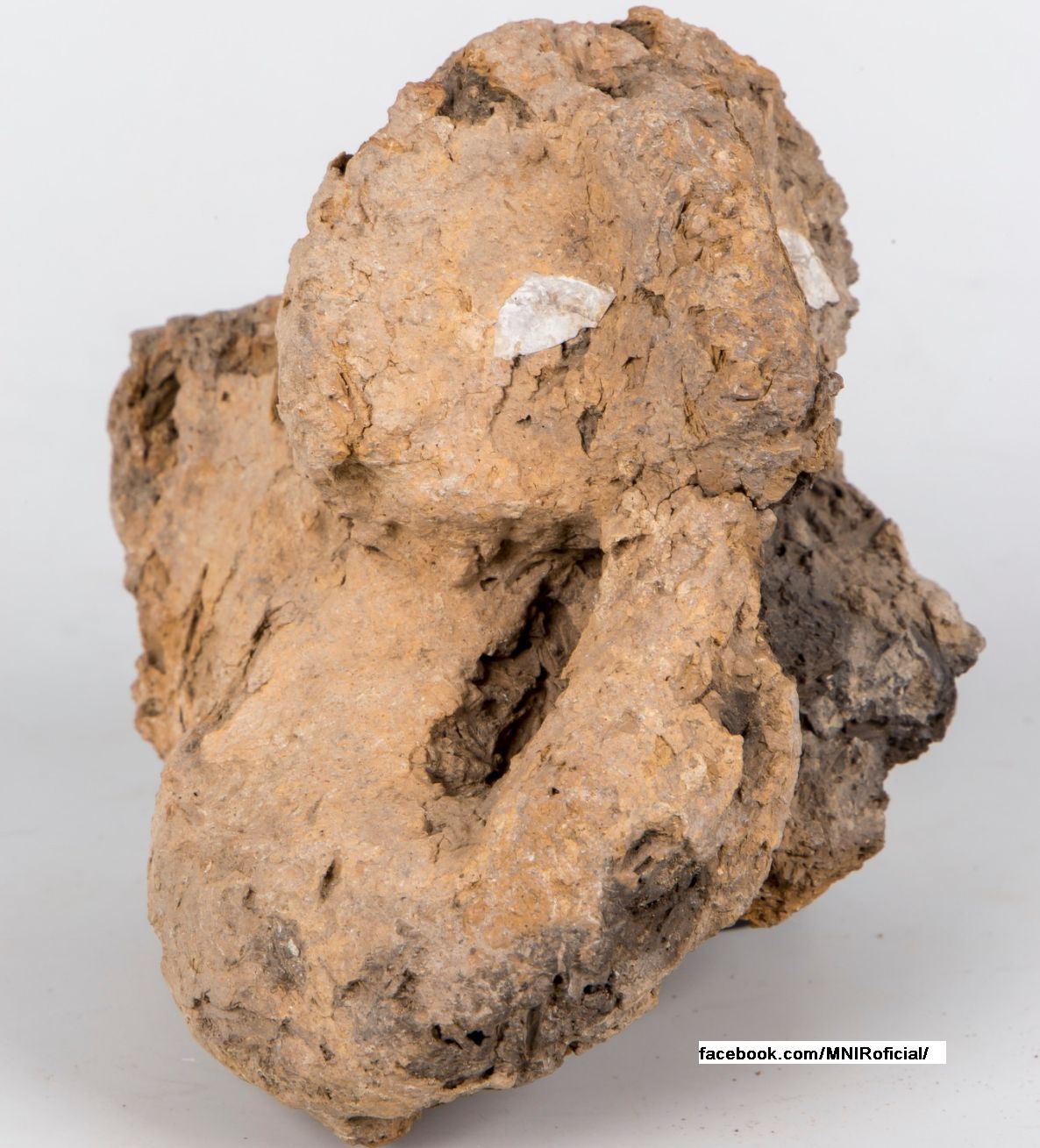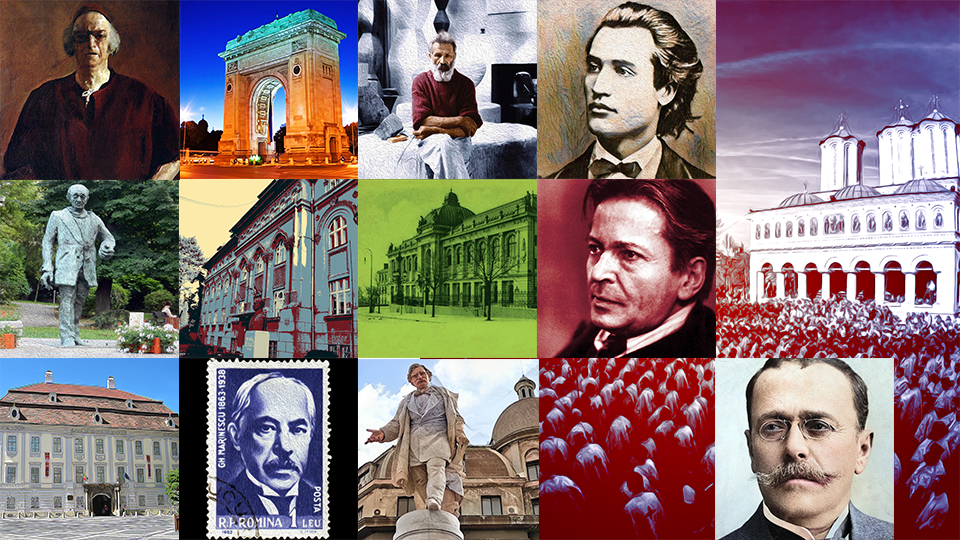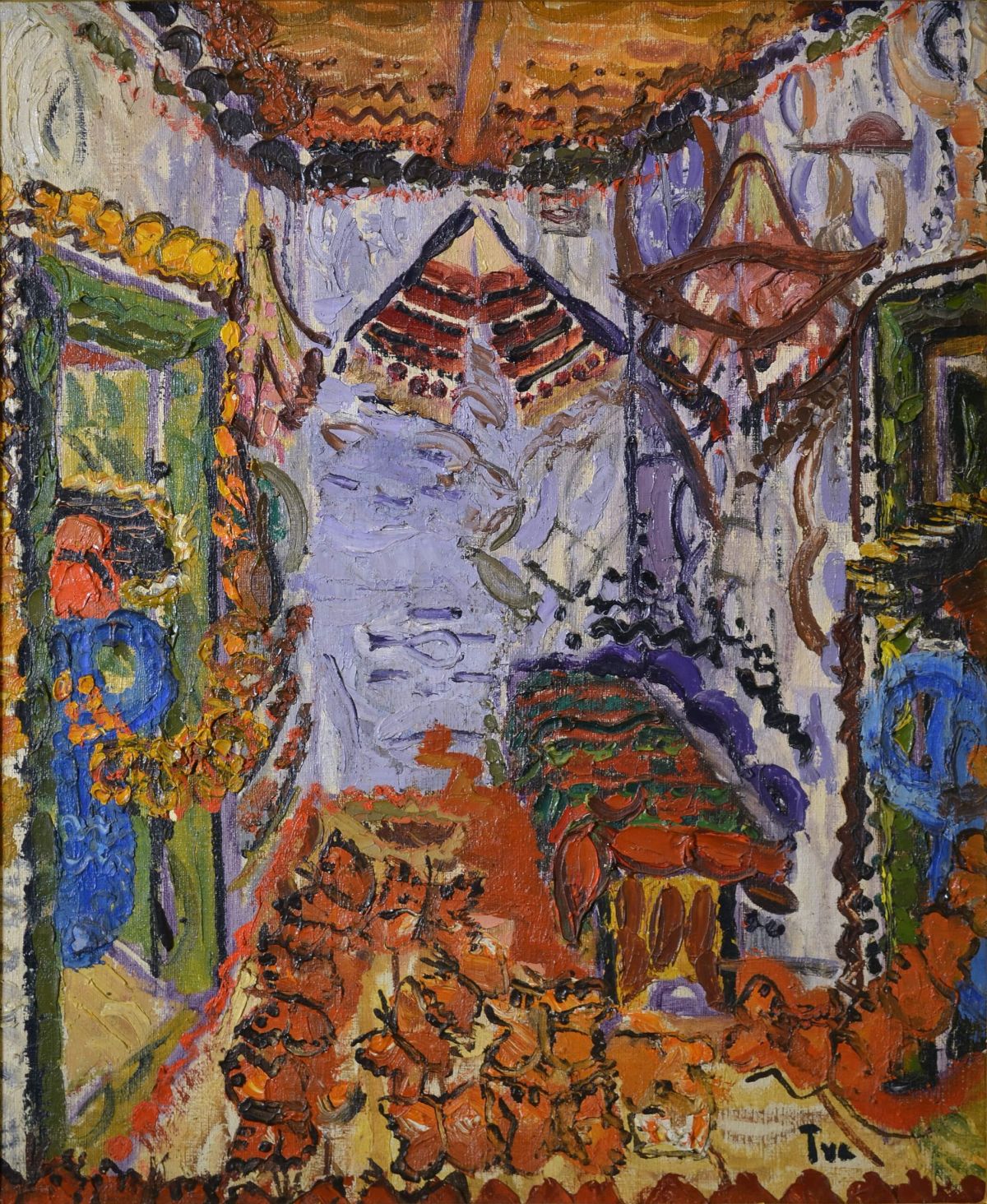Poet Vasile Voiculescu
Vasile Voiculescu was a Romanian poet, short-story writer, playwright and physician.
Christine Leșcu, 22.06.2013, 10:17
Today he is known not just as the author of some remarkable fantastical short-stories and of “Shakespeare’s Last Imaginary Sonnets Fictionally Translated by Vasile Voiculescu”, but also as a victim of the communist regime. He was persecuted for his religious and democratic ideals and imprisoned in 1958, at the age of 74. He spent the following four years in prison, became ill while in detention and died of cancer a few months after being released.
Vasile Voiculescu was born in 1884 in Buzau and participated in the WW1 as a military doctor. In 1916 he made his debut as a poet with a volume about mystical and religious beliefs which mirrored not only his stylistic and literary preferences but also his personal beliefs. Since his literary debut, his cultural and medical work were inextricably interwoven, as Vasile Voiculescu never ceased to work as a doctor. From poetry, he turned to prose and playwriting. His fantastical short stories, alongside those by Mircea Eliade, are a landmark of Romanian literature. In the interwar period he had become so appreciated that in the 1930s, in the early days of public radio broadcasting, he was made in charge of the station’s culture programmes. He worked with the public radio station for 12 years and created original shows and radio formats. Publicist and writer Tudor Teodorescu-Braniste, also a radio producer, talking about Vasile Voiculescu’s radio work in the interwar period, said, quote:
Tudor Teodorescu-Braniste: “One day – and it’s been more than 40 years since then — my good friend, poet Vasile Voiculescu, came to me with the proposal to present a radio show featuring the most important events of the week every Saturday evening at 9 o’clock. At the time, radio was a new concept for Romania and involved one piece of technical equipment, a few presenters and a very modest budget. Nevertheless, the programmes were very diverse and the number of listeners was constantly increasing. Vasile Voiculescu and I had already been friends for quite some time. The Radio’s literary programme was his main concern. He used to bring to the microphone writers of all ages who belonged to different literary trends, even if their cultural tastes were different from his. He wanted to give all of them the opportunity to express themselves. For the medical programmes he used to invite university professors and renowned physicians, but only a few accepted to waste their time with a radio show that was paid so poorly. Eventually, Voiculescu had no choice but to host this programme himself. He was not just the writer we all appreciate today, but also an excellent physician who knew what medicine was about and who was very good at making exact diagnosis. He first worked in the countryside, then in Bucharest. Besides the patients coming to see during working hours, he offered his help to all those who needed it, free of charge. He was particularly good with children, whom he diagnosed and nurtured back to health in a very gentle manner, without causing them distress. His radio programmes were excellent. I have seldom come across radio materials aimed to popularise medicine that have equalled the clarity and simple beauty of those created by Vasile Voiculescu.”
In 1958 Vasile Voiculescu was sentenced to prison alongside other Orthodox intellectuals such as Sandu Tudor and Dumitru Staniloae. Ever since the communists had taken power in 1947, Voiculescu refused to collaborate with the regime and to write according to the so-called “new aesthetics” of social realism. He was released in 1962 but he was already seriously ill and died a year later. One of the radio shows created by him, entitled “The Radio Literary Magazine”, continues to be broadcast on Radio Romania Culture even today. In sign of appreciation of its founder, the show’s signature tune still features his name.





























